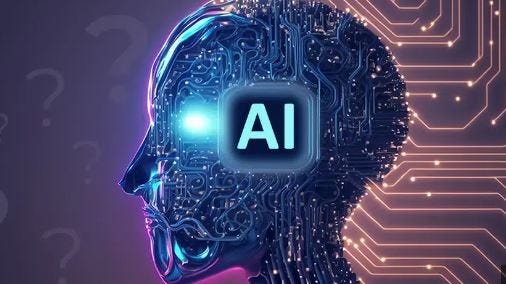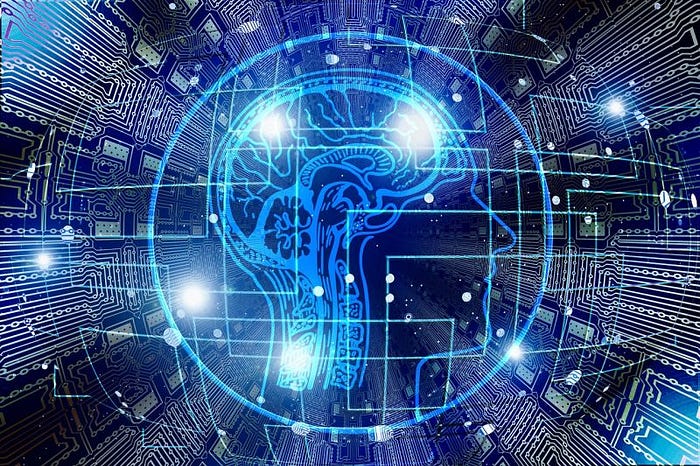What is BS in Artificial Intelligence?
Artificial Intelligence (AI) has become a buzzword in recent years, transforming industries and changing the way we live and work. A Bachelor of Science (BS) in Artificial Intelligence is a degree program designed to equip students with the knowledge and skills needed to thrive in this dynamic field. But what exactly does this degree entail, and why should you consider pursuing it?
Understanding the Basics of AI
Artificial Intelligence refers to the simulation of human intelligence in machines. These intelligent systems can perform tasks that typically require human intelligence, such as problem-solving, learning, and decision-making. AI encompasses various subfields, including machine learning, robotics, natural language processing, and computer vision. A BS in Artificial Intelligence provides a strong foundation in these areas, preparing students to develop innovative AI solutions.

The Curriculum
A BS in Artificial Intelligence program combines theoretical knowledge with practical skills. Students typically study core subjects such as mathematics, statistics, and computer science. These foundational courses are crucial for understanding the algorithms and models that underpin AI systems. Additionally, specialized courses in machine learning, data mining, neural networks, and AI ethics are often included in the curriculum.
Practical experience is a key component of the program. Many universities offer hands-on projects, internships, and lab sessions where students can apply their knowledge to real-world problems. This practical training is invaluable, as it helps students gain confidence and develop a portfolio of work that can impress potential employers.
Career Opportunities
Graduates with a BS in Artificial Intelligence have many career opportunities. The demand for AI professionals is growing rapidly across various sectors, including technology, healthcare, finance, and automotive industries. Some potential job roles include AI, data scientist, machine learning, and robotics engineer.
AI engineers are responsible for designing and implementing AI models and systems. Data scientists analyze large data sets to extract meaningful insights, while machine learning engineers develop algorithms that allow machines to learn from data. Robotics engineers create intelligent machines that can perform tasks autonomously. The skills acquired during a BS in AI program are highly transferable, allowing graduates to explore diverse career paths.

The Importance of AI Ethics
As AI continues to evolve, ethical considerations become increasingly important. A BS in Artificial Intelligence program often includes courses on AI ethics to ensure that future AI professionals understand the societal implications of their work. Issues such as bias in AI algorithms, privacy concerns, and the impact of AI on employment are critical topics that students must grasp. Understanding these ethical dilemmas prepares students to create responsible and fair AI solutions.
Why Choose a BS in Artificial Intelligence?
Pursuing a BS in Artificial Intelligence is a smart choice for several reasons. Firstly, the field of AI is expanding rapidly, offering numerous job opportunities and competitive salaries. Secondly, the skills gained during the program are versatile and can be applied in various industries. Thirdly, the work in AI is intellectually stimulating and allows individuals to be at the forefront of technological innovation.
Conclusion
BS in Artificial Intelligence is an exciting and rewarding degree program that opens doors to many career opportunities. Graduates with a strong foundation in AI principles, practical experience, and an understanding of ethical considerations, are well-equipped to contribute significantly to AI. If you are passionate about technology and eager to shape the future, a BS in Artificial Intelligence might be your perfect path. Read more here!

.webp)
Comments
Post a Comment